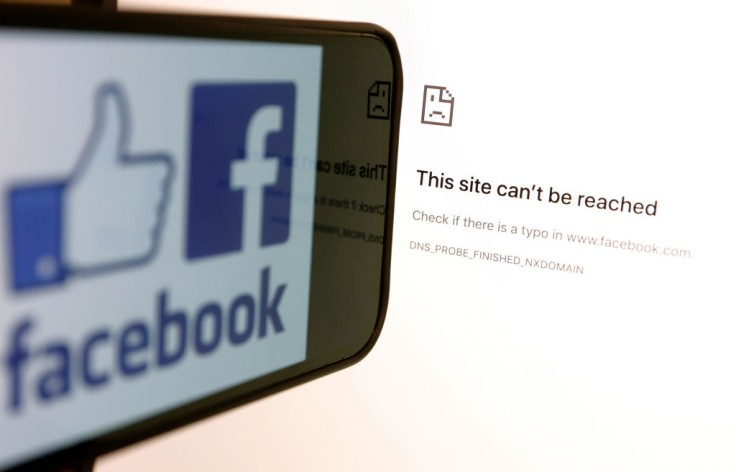
Facebook has conducted intensive studies with a team of researchers to intentionally create products that will attract preteen users, specifically between 11 to 12 years old, to use the platform.
Leaked documents showed that the company's research team saw a "low global teen penetration" on the platform. As they didn't want to lose this audience to other popular teen platforms like TikTok or Snapchat, Facebook created products to ensure that the kids would sign up and use their system.
Facebook's team allegedly started brainstorming on how to get the children onto the platform in 2019. Their target demographic was kids who had their own smartphones for the very first time. So, the company released Facebook Messenger Kids "to leverage playdates" with their contacts.
Read Also: Woman Exposes on Tiktok Parents Using Facebook to Return or Re-Home Their Adopted Children
Three Years to Hook Preteens
According to The Wall Street Journal, the Facebook team was given three years to develop more "child-appropriate" products for the preteen demographic. The strategy specifically circumvented federal laws that barred kids younger than 13 years old from accessing social media platforms generally for adult use.
However, Facebook Messenger Kids failed to get off the ground and did not generate the numbers they were hoping for. The researchers learned that interest in the child-friendly app couldn't peak past 10-year-old kids.
The revelation comes after a previously leaked document also showed that Facebook was aware its other platform, Instagram, had a significant impact on the mental health of teenagers. Outside of Facebook, other studies on social media users have found evidence that social media use impacts the self-image of its young users, leading to body dissatisfaction, depression, anxiety, and even thoughts of suicide.
Following the leaked documents' release, Facebook said that it will halt its plans to develop a kids' version of Instagram, especially after lawmakers and parents expressed their concerns about these reports. The company also released a rebuttal on The Wall Street Journal report, stating that the expose was "an attempt to recycle previous reporting."
The social media giant, however, acknowledged that how they worded plans for Messenger Kids in an "insensitive way" didn't demonstrate their intended approach for the app, which was supposed to help "understand how families and kids" improve their social media experience.
'Don't Trust Facebook'
Meanwhile, former Facebook employee Frances Haugen, who leaked the documents, told lawmakers that they should not trust Facebook. Haugen, who left in April 2021 and started talking to the media in May, said that the company's leaders know the best ways to make the app safer for children but won't do the changes in favor of profits.
Haugen worked for two years as project manager for the Civic Integrity department, which focuses on election misinformation on the platform. Andy Stone, the company spokesperson, said that Haugen is not an expert on the products that she had leaked and testified about in front of government officials, as her work didn't give her direct knowledge to the child safety projects. Facebook boss, Mark Zuckerberg, is yet to testify in the Senate after Haugen's leaks.